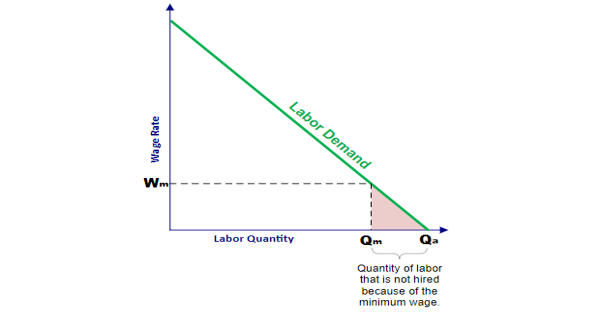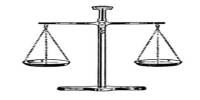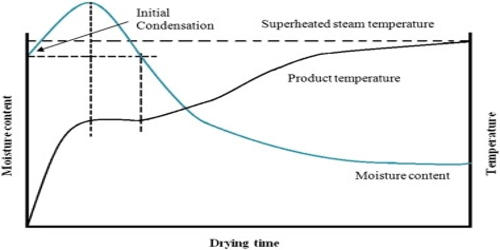Wage Differential
A wage differential refers to the difference in wages between people with similar skills within different localities or industries. It is a term used in labor economics to analyze the relationship between the wage rate and the unpleasantness, risk, or other undesirable attributes of a particular job. It can also refer to the difference in wages between employees who have dissimilar skills within the same industry.
“Wage differentials are described as the difference in wages between workers with different skills in the same industry, or between workers with comparable skills in different industries or localities.”
Wage differential refers to differences in wage rates due to the location of the company, hours of work, working conditions, type of product manufactured, or other factors. A compensating differential, which is also called a compensating wage differential or an equalizing difference, is defined as the additional amount of income that a given work must be offered in order to motivate them to accept a given undesirable job, relative to other jobs that worker could perform. It is generally referenced when discussing the given risk of a certain job. One can also speak of the compensating differential for an especially desirable job or one that provides special benefits, but in this case, the differential would be negative: that is, a given worker would be willing to accept a lower wage for an especially desirable job, relative to other jobs. For example, if a certain line of work requires someone to work around hazardous chemicals, then that job may be due to a higher wage when compared to other jobs in that industry that do not necessitate coming into contact with dangerous chemicals.
Wage differentials may be due to the following causes:
- Occupational Differences: Accordingly, wages vary from occupation to occupation. Such differences in occupations induce people/workers to undertake more challenging jobs, encourage workers to develop their skills by way of education and training.
- Inter-firm Differentials: Factors like differences in the quality of labor employed by different firms, imperfections in the labor market, and differences in the efficiency of equipment and supervision result in inter-firm wage differentials.
- Regional Differences: Not only wages differ among occupations, but these also differ in the case of workers working in the same occupation in different geographical regions. These differences are the result of working conditions prevalent in different regions of the country.
- Inter-Industry Differences: These differences are the result of varying skill requirements, level of unionization, nature of product market, ability to pay, the stage of development of an industry, etc.
Wages are probably the most important variable together with employment in labor economics. Wage differentials are described as the difference in wages between workers with different skills in the same industry, or between workers with comparable skills in different industries or localities. These differences arise primarily because of differences in the amount of education or training required and in the desirability of the job itself. The idea of compensating differentials has been used to analyze issues such as the risk of future unemployment, the risk of injury, the risk of unsafe intercourse, the monetary value workers place on their own lives, and in explaining geographical wage differentials. However, real wages can differ greatly, even for the same job.
















